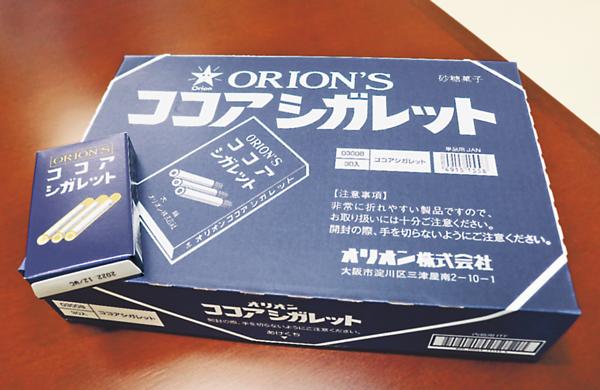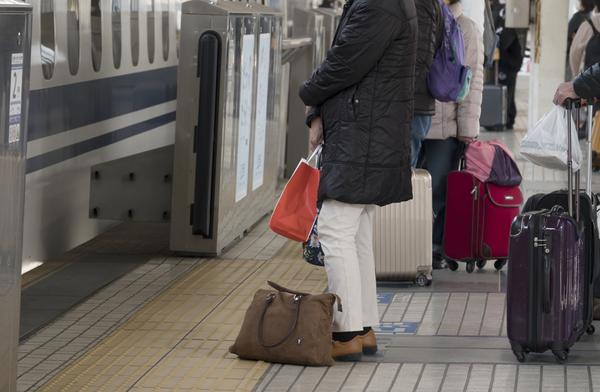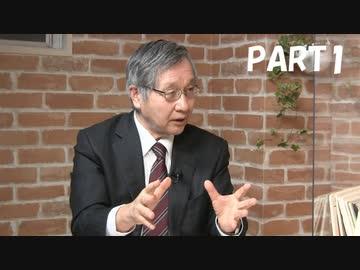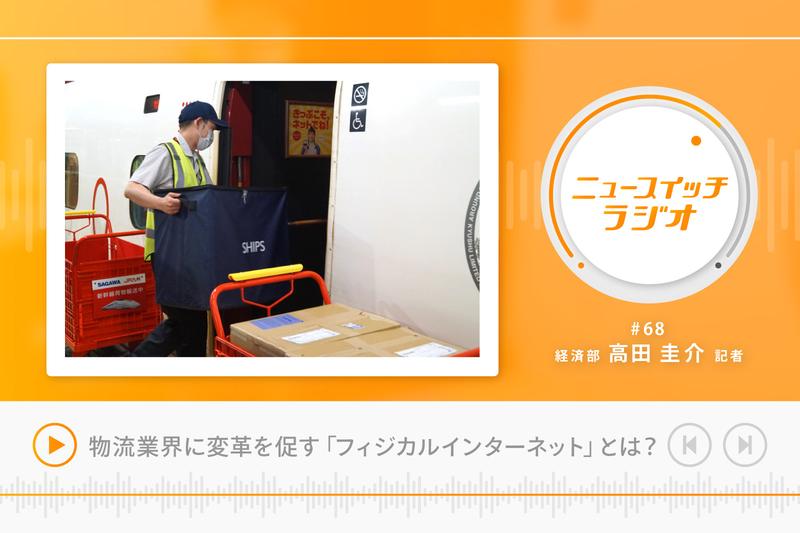"Company district" is the key to China's corona measures from high-tech (2020, Wuhan) Aly Song-REUTERS
![[Dialogue] Two years after the new corona epidemic, the pandemic changed the Chinese. 【鼎談】新型コロナ流行から2年、パンデミックは中国人を変えた──のか](https://website-google-hk.oss-cn-hongkong.aliyuncs.com/drawing/article_results_9/2022/3/10/0f587c6fc4525cc2978acf1f127c64be_2.jpeg)
Journalist Kota Takaguchi's new book, "The Truth About China's Corona Seal: Can Digital Surveillance Control 1.4 Billion People?" It is a book that analyzes China, which has succeeded in the past, from various aspects such as social system, digitization, and measures against hoaxes. [See the photo] Is the "China truth" widely recognized in Japan as a Taiwanese bikini hiker who died in the mountains, "containing Corona in a high-tech surveillance society built by tyranny", is it true? Hiroo Yamagata, a translator who continues to observe changes in Chinese society and technology through the development of Shenzhen, supports the Maker Movement in China (an activity that allows anyone to take on the challenge of making things using the latest technology without spending money). Mr. Masakazu Takasu read this book and talked with Mr. Takaguchi. Some of them are introduced below. ◇◇◇◇ Hiroo Yamagata: The first thing that was most interesting to read was the Chinese corona countermeasures and surveillance society depicted in Chapter 1. "China is building a surveillance society that utilizes the Internet, and people's movements are controlled by tyranny, so corona can also be contained," is not the general understanding of China in Japan. Is it? However, this book explains in detail that it is not that easy. There is a community management method like Tonarigumi and Gonin Gumi in the Edo period that used to be in Japan, and a huge number of observers are mobilized to monitor people, making it possible to respond to corona. That's why. Moreover, such a community management and mobilization mechanism was not originally prepared in Chinese society, but was developed in real time after the epidemic of the new coronavirus, so to speak, the structure of society can be flexibly rearranged. It is said that it was realized by. It is often said that "people can be easily controlled by tyranny", but human beings are not so easy to control. I don't listen to you. Then, the answer to the question of how he was telling me is drawn very concretely. Kota Takaguchi: As mentioned in Chapter 4, Chinese writer Jiang Fangzhou said, "I was surprised that people were following (to counter corona) smoothly." I think many Chinese experts agree. Why did the Chinese people, who were good at outsmarting the government's policy, which is described as "if there is a policy above, there is a measure below," obeyed so much about infection control that imposes inconvenience on social life? Was a shock to me as well. Even in Japan, where it is often said that everyone follows the rules due to strong public pressure, we are worried about how to reduce the number of people in downtown areas and how to change companies that do not respond to remote work. But how did you do it in Chinese society, which has a reputation for not observing the rules? This question is at the root of this book. Masakazu Takasu: That's exactly what society is reorganizing. I have been based in China for three years, but I had little awareness of the "company district" (the municipality of the city), which is depicted as the leading role in corona countermeasures in this book, until Corona. It was possible to carry out an inspection at the entrance and exit of the company district, and if you went on a business trip outside the city, you would be informed in detail that you should undergo a PCR test. In Japan, it seems that the use of drones and surveillance cameras is often introduced as a measure against corona in China, but even if a drone warns you or a surveillance camera is attached, those who do not follow the rules will not be followed, so humans will monitor it. I can't stop without it. Logistics, such as creating an inspection and pasting guards including substitutes, is an issue, but it is a very interesting point to explain how the company district built this system.
Next page: Last updated: Newsweek Japan version
"Company district" is the key to China's corona measures from high-tech (2020, Wuhan) Aly Song-REUTERS
![[Dialogue] Two years after the new corona epidemic, the pandemic changed the Chinese. 【鼎談】新型コロナ流行から2年、パンデミックは中国人を変えた──のか](https://website-google-hk.oss-cn-hongkong.aliyuncs.com/drawing/article_results_9/2022/3/10/0f587c6fc4525cc2978acf1f127c64be_2.jpeg)
Journalist Kota Takaguchi's new book, "The Truth About China's Corona Seal: Can Digital Surveillance Control 1.4 Billion People?" It is a book that analyzes China, which has succeeded in the past, from various aspects such as social system, digitization, and measures against hoaxes. [See the photo] Is the "China truth" widely recognized in Japan as a Taiwanese bikini hiker who died in the mountains, "containing Corona in a high-tech surveillance society built by tyranny", is it true? Hiroo Yamagata, a translator who continues to observe changes in Chinese society and technology through the development of Shenzhen, supports the Maker Movement in China (an activity that allows anyone to take on the challenge of making things using the latest technology without spending money). Mr. Masakazu Takasu read this book and talked with Mr. Takaguchi. Some of them are introduced below. ◇◇◇◇ Hiroo Yamagata: The first thing that was most interesting to read was the Chinese corona countermeasures and surveillance society depicted in Chapter 1. "China is building a surveillance society that utilizes the Internet, and people's movements are controlled by tyranny, so corona can also be contained," is not the general understanding of China in Japan. Is it? However, this book explains in detail that it is not that easy. There is a community management method like Tonarigumi and Gonin Gumi in the Edo period that used to be in Japan, and a huge number of observers are mobilized to monitor people, making it possible to respond to corona. That's why. Moreover, such a community management and mobilization mechanism was not originally prepared in Chinese society, but was developed in real time after the epidemic of the new coronavirus, so to speak, the structure of society can be flexibly rearranged. It is said that it was realized by. It is often said that "people can be easily controlled by tyranny", but human beings are not so easy to control. I don't listen to you. Then, the answer to the question of how he was telling me is drawn very concretely. Kota Takaguchi: As mentioned in Chapter 4, Chinese writer Jiang Fangzhou said, "I was surprised that people were following (to counter corona) smoothly." I think many Chinese experts agree. Why did the Chinese people, who were good at outsmarting the government's policy, which is described as "if there is a policy above, there is a measure below," obeyed so much about infection control that imposes inconvenience on social life? Was a shock to me as well. Even in Japan, where it is often said that everyone follows the rules due to strong public pressure, we are worried about how to reduce the number of people in downtown areas and how to change companies that do not respond to remote work. But how did you do it in Chinese society, which has a reputation for not observing the rules? This question is at the root of this book. Masakazu Takasu: That's exactly what society is reorganizing. I have been based in China for three years, but I had little awareness of the "company district" (the municipality of the city), which is depicted as the leading role in corona countermeasures in this book, until Corona. It was possible to carry out an inspection at the entrance and exit of the company district, and if you went on a business trip outside the city, you would be informed in detail that you should undergo a PCR test. In Japan, it seems that the use of drones and surveillance cameras is often introduced as a measure against corona in China, but even if a drone warns you or a surveillance camera is attached, those who do not follow the rules will not be followed, so humans will monitor it. I can't stop without it. Logistics, such as creating an inspection and pasting guards including substitutes, is an issue, but it is a very interesting point to explain how the company district built this system.
Next page:





![[New Toyota Voxy (90 series)] Amplifies the characteristics of the aero body! A design that further enhances the power of the front mask! #Works direct custom deep layer 001](https://website-google-hk.oss-cn-hongkong.aliyuncs.com/drawing/article_results_9/2022/3/25/01568e2fbf021c0eaf7d013507c850a4_0.jpeg)

![[Toyota Noah / Voxy new model] Modellista releases various customized parts ... Actual vehicle exhibited at Tokyo Auto Salon](https://website-google-hk.oss-cn-hongkong.aliyuncs.com/drawing/article_results_9/2022/3/25/8268612c1e5941e62d3dfd07f8991b2f_0.jpeg)
